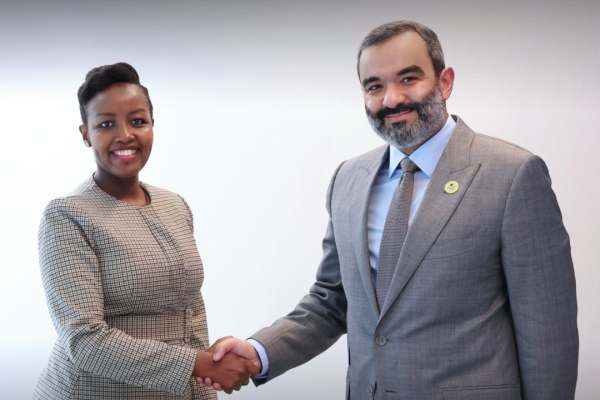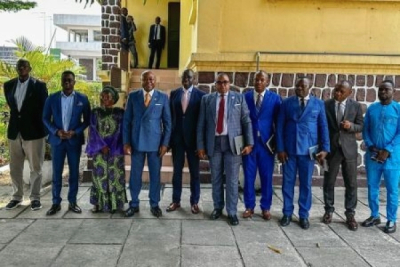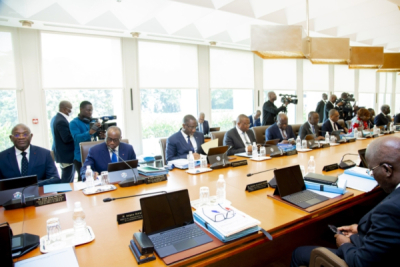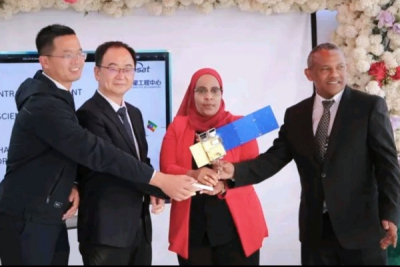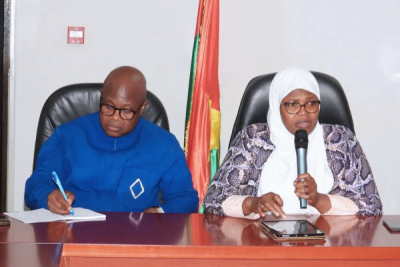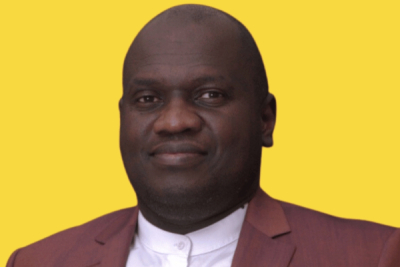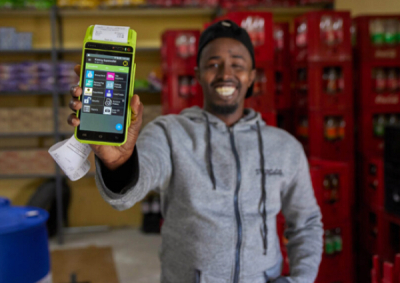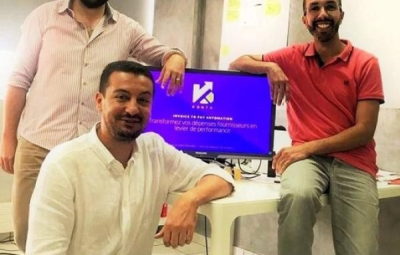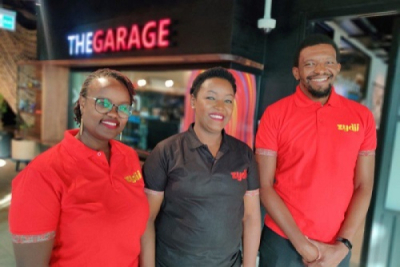As a global leader in e-government, ranking sixth worldwide, Saudi Arabia is increasingly attracting African nations seeking partners for their digital transformation journeys. This growing interest was recently solidified with the signing of a memorandum of understanding with Morocco in December 2024.
Rwanda is exploring potential collaboration with Saudi Arabia in digital transformation, the Rwandan Ministry of ICT and Innovation announced earlier this week. Minister Paula Ingabire met with Saudi Minister of Communications and Information Technology Abdullah Alswaha on the sidelines of the World Economic Forum in Davos this week to discuss a potential partnership.
Discussions between the two ministers focused on innovation, technology, artificial intelligence, and enhancing technological capacity. Any eventual partnership would fall under the framework of the Digital Cooperation Organization (DCO), headquartered in Riyadh, Saudi Arabia.
This initiative aligns with Rwanda’s ambition to leverage ICT and innovation to drive economic growth, reduce poverty, and transition to a knowledge-based, upper-middle-income economy by 2035.
Saudi Arabia, ranked sixth globally on the UN's 2024 E-Government Development Index, boasts a near-perfect score of 0.9602 out of 1. The kingdom has also excelled in subcategories like online services (0.9900) and telecom infrastructure (0.9841). Moreover, the International Telecommunication Union (ITU) recognizes Saudi Arabia as a cybersecurity model, having fully complied with all five pillars of the cybersecurity index.
In contrast, Rwanda ranks 118th on the global e-government index, with a score of 0.5799—above the East African average (0.3903) and the continental average (0.4247) but below the global average of 0.6382. The ITU also highlights Rwanda as a strong performer in cybersecurity but still faces gaps in technical measures.
A potential partnership with Saudi Arabia could significantly accelerate Rwanda’s digital transformation. However, while broad areas of cooperation have been discussed, the specifics are yet to be outlined. Talks remain early, and no agreements have been finalized or officially announced.
By Isaac K. Kassouwi,
Editing by Sèna D. B. de Sodji


